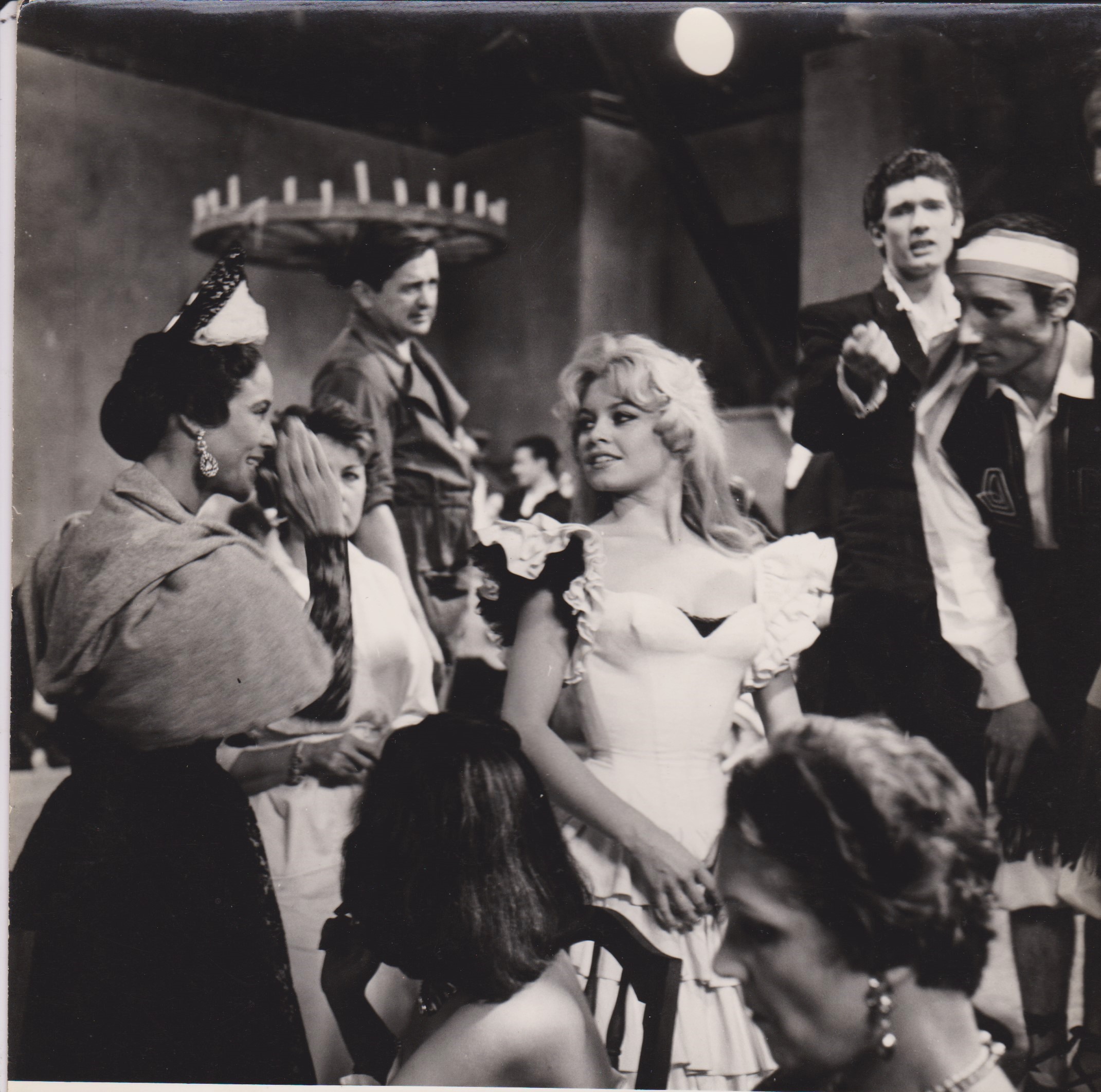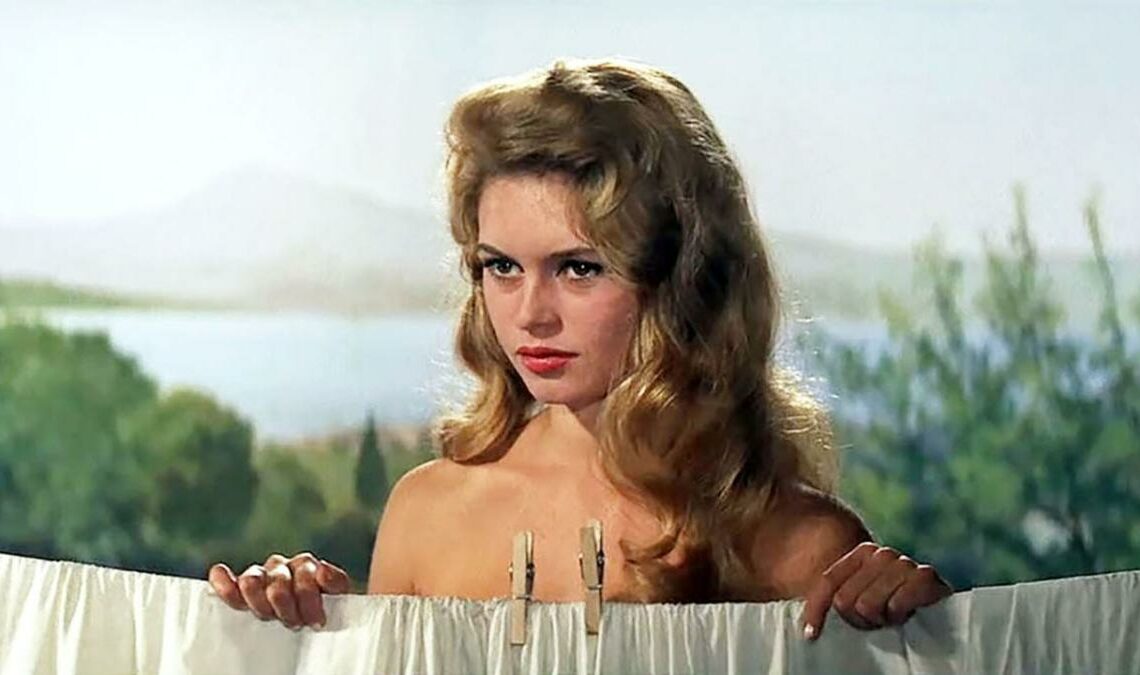Brigitte Bardot: The Timeless Icon of French Cinema
 In a world where cinematic legends often fade into obscurity, Brigitte Bardot remains a luminous star, her legacy undimmed by time. With a career that spans decades, Bardot not only defined the allure of French cinema in the 60s and 70s but also became a symbol of female empowerment and sensuality. As we celebrate her remarkable contributions to film, let’s delve into the top ten movies that cemented her status as a cultural icon.
In a world where cinematic legends often fade into obscurity, Brigitte Bardot remains a luminous star, her legacy undimmed by time. With a career that spans decades, Bardot not only defined the allure of French cinema in the 60s and 70s but also became a symbol of female empowerment and sensuality. As we celebrate her remarkable contributions to film, let’s delve into the top ten movies that cemented her status as a cultural icon.

Kicking off our list is “Shaliko” (1968), a western featuring the charismatic Sean Connery alongside Bardot. Set against the backdrop of the New Mexico desert, Bardot plays Irina Lazar, a French countess whose adventurous spirit leads her into Apache territory. This film showcased her ability to blend beauty with complexity, making her a force to be reckoned with on screen.
Next up is “Doctor at Sea” (1955), Bardot’s first English-speaking role. Here, she portrays Helene Colbert, a captivating nightclub singer whose romance with a ship’s doctor adds a layer of charm and comedy to the film. This role marked Bardot’s international breakthrough, enchanting audiences with her singing talent and undeniable charisma.
In “Plucking the Daisy,” Bardot shines as Agnes Dumont, a young woman whose scandalous novel prompts her father to send her to a convent. Instead, she escapes to Paris, where her adventures take a spicy turn. This film is a testament to Bardot’s comedic timing and ability to tackle provocative themes, solidifying her status as a leading lady in French cinema.

Moving to “Helen of Troy,” Bardot takes on the role of Andraste, the handmaiden to the infamous Helen. This retelling of Homer’s epic gives Bardot a chance to demonstrate her dramatic chops, even in a smaller role. The film’s unique perspective on the Trojan War highlights Bardot’s versatility as an actress.
Bardot’s star power truly exploded with “And God Created Woman,” a film that made her an overnight sensation. Playing the free-spirited Juliet, Bardot’s performance challenged societal norms and sparked controversy, particularly in America. The film’s provocative themes and Bardot’s magnetic presence forever changed the landscape of romantic cinema.
With “Viva Maria,” Bardot showcases her comedic flair as a revolutionary in a fictitious Central American country. This film, blending humor and political commentary, pushed boundaries and even contributed to the establishment of the MPAA ratings code due to its daring content.

In “Spirits of the Dead,” Bardot appears in an anthology of Edgar Allan Poe adaptations, showcasing her ability to embody complex characters across various genres. Her role in this film further solidified her status as a versatile actress with a captivating screen presence.
“Love is My Profession” presents Bardot as Yvette, a young criminal embroiled in a forbidden love affair with a lawyer. This drama illustrates her ability to navigate the darker aspects of love, earning acclaim from critics who recognized her talent in portraying nuanced characters.
Nominated for an Academy Award, “La Vérité” is one of Bardot’s most celebrated films. Here, she plays Dominique, a woman seeking excitement and love, leading to a tumultuous affair. The film’s intense emotional depth resonated with audiences, showcasing Bardot’s ability to convey vulnerability and strength.

Finally, we arrive at “Contempt,” a film that mirrors Bardot’s complicated relationship with the film industry. Directed by Jean-Luc Godard, this cinematic masterpiece features a controversial opening scene that captivated audiences and critics alike. Bardot’s portrayal of Camille, a woman grappling with love and ambition, remains one of her most iconic performances.
As we reflect on the top ten Brigitte Bardot movies, it is clear that her impact on cinema is profound and lasting. Bardot’s ability to captivate audiences with her beauty, talent, and complex characters ensures her place in the pantheon of film legends. Though she retired from acting in 1973, her legacy continues to inspire new generations of filmmakers and actresses. Bardot is not just a name; she is an enduring symbol of the power of cinema and the art of storytelling.





